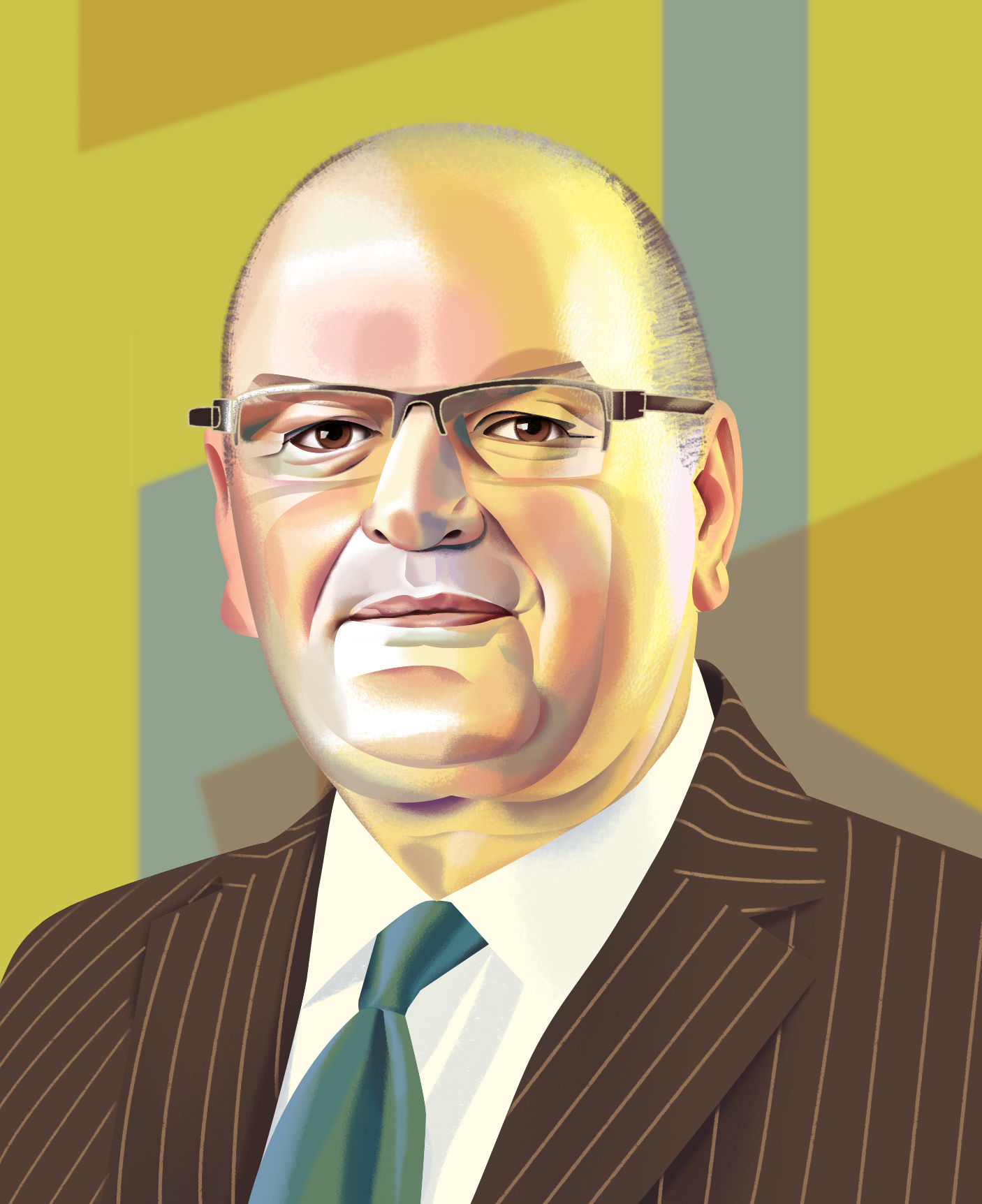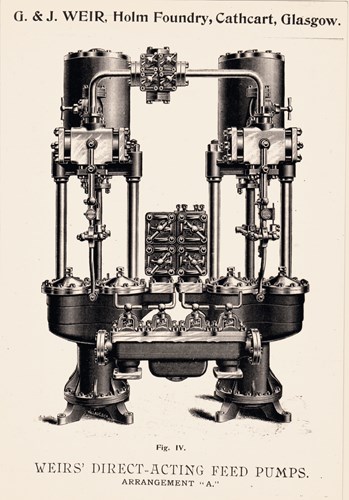How do you think about attracting and retaining the next generation of employees when graduates don’t necessarily want to work for extractive industries?
The culture—what we stand for, the entrepreneurial nature of our business, the decentralized nature of it—is a very powerful proposition. Everyone has the space to make a difference at Weir, individually and in teams.
But also, we’re at the start of a journey. Disruptive technologies will be brought to bear in
our markets, whether mining or oil and gas. Our customers are facing great sustainability challenges and, rather than be part of a historic legacy, we’re pushing Weir to be part of the answer. Our customers are going to have to use less energy, less water, reduce emissions and think deeply about their impact on the societies and communities they operate in. That’s going to require innovative engineering and Weir is part of the solution.
We’re engineers. We solve problems. A lot of what we have done historically has been around mechanical, hydraulic and material science-type technologies. Now, we have to go through digitization to improve performance, extend product life and drive predictive maintenance. For that, we have to embrace big data, artificial intelligence, the internet of things. That’s a one-way street.
It’s a massive opportunity. But it’s also a threat to our business that we have to manage well. If we don’t, we’re at the risk of being disintermediated by others who will try to get in between ourselves and the customers, which will ultimately dilute value. That means we need to attract people with capabilities that we don’t necessarily have today, such as software engineers, data scientists and electronic engineers.
I’ve actually been delighted with the way we’ve attracted some of this new talent into the organization. People at our competitors look at Weir and say, “That’s a place I’d like to work in the future.” When I speak to Geetha [Dabir], our Chief Technology Officer, she tells me that we’re competing against Apple and Amazon for this talent and people are coming to Weir because what we’re doing is cool. We’re solving modern problems, taking this mechanical engineering business to be something that’s different in the future.
On technology, how are you helping miners address those challenges?
Historically, what we’ve done is incrementally improve our products so that they become more efficient, increasing wear life and so on. That’s important because we have a global customer base, so even a small improvement can result in significant savings. But we’re also now trying to balance that incremental development with the transformational or disruptive ideas. We’re balancing our technology spend between those two areas—incremental developments, bigger-picture challenges.
In Minerals, for example, we’ve been working hard on high-pressure grinding rollers, or HPGRs. It’s a technology that can replace traditional grinding mills in many applications. Compared to legacy processes like SAG [semi-autogenous grinding] mills, HPGRs can reduce energy consumption by something like 25 percent. That’s a huge step change, especially if you think that around 4 percent of the world’s electricity is used to crush and grind rocks.
In Oil & Gas, North American shale is at an important moment. We’re re-imagining what the frack site of the future will look like, with fewer pumps, a lower footprint, different drive systems. With electrification, for example, drillers will be able to significantly reduce their emissions to execute the same job without having to truck in thousands of liters of diesel.


